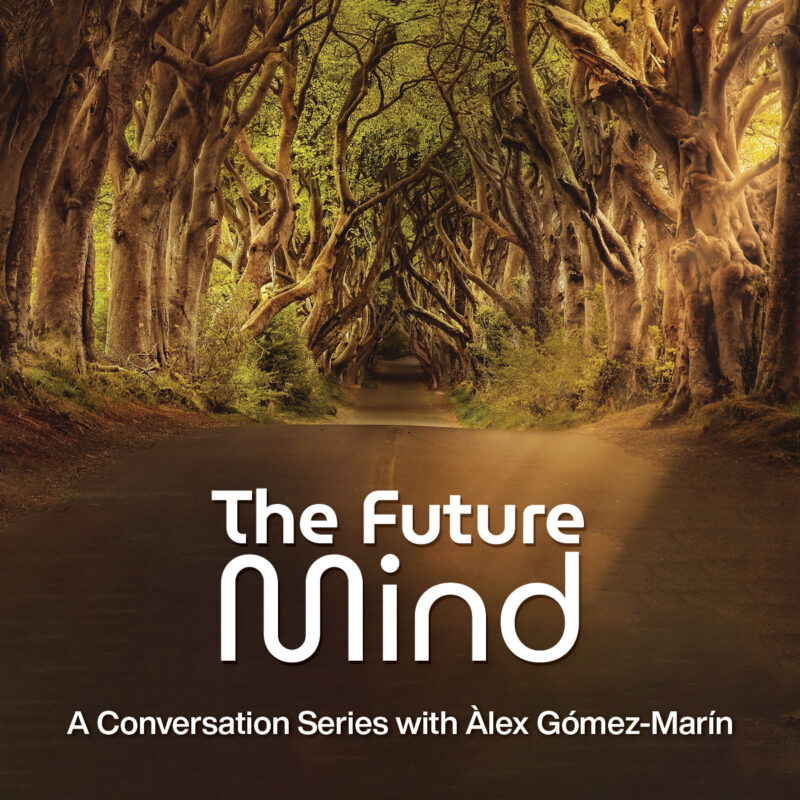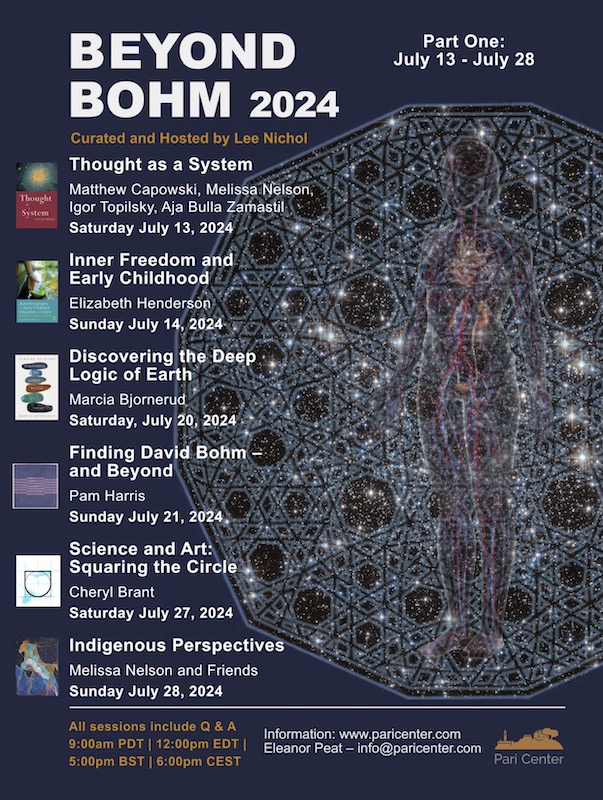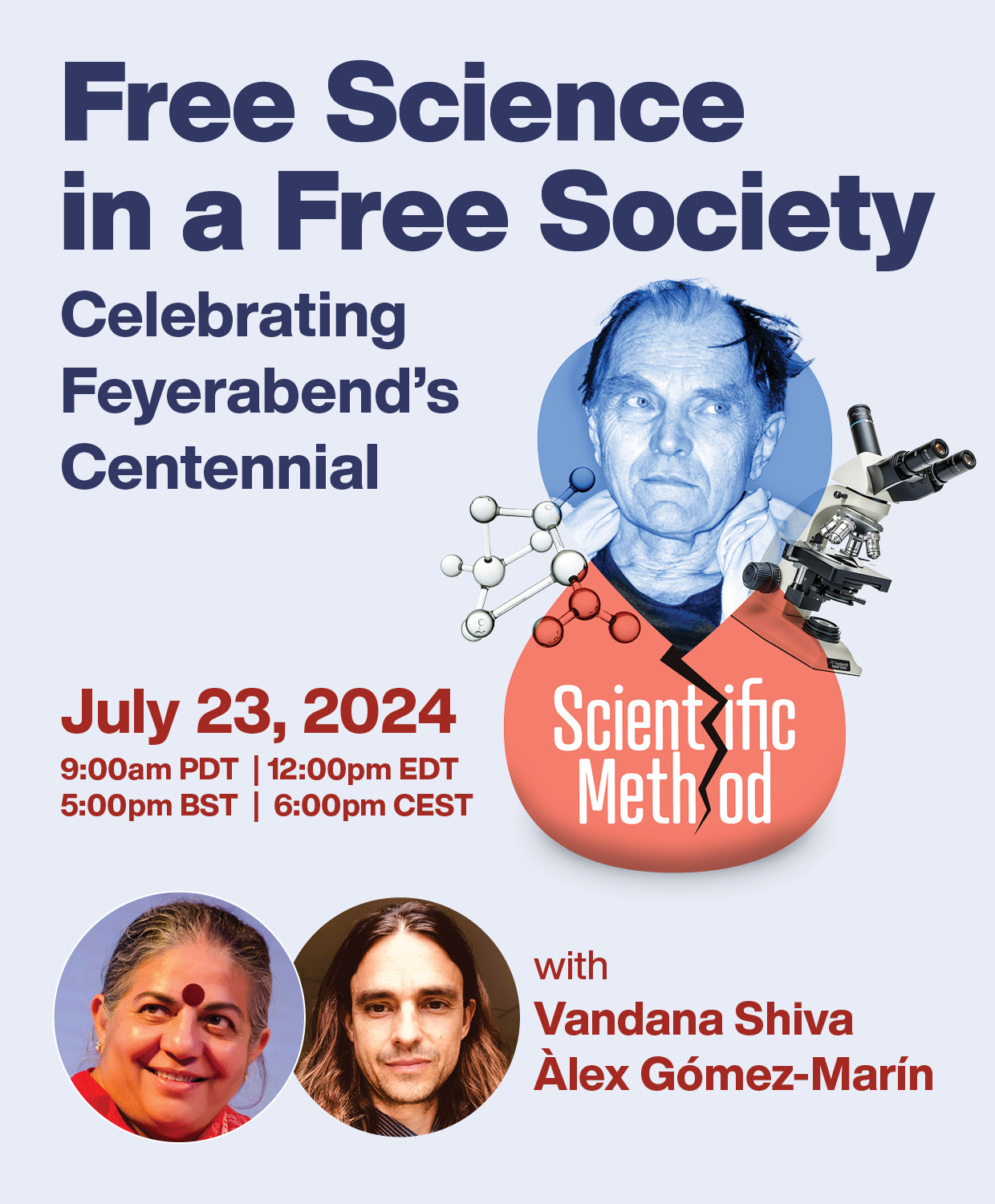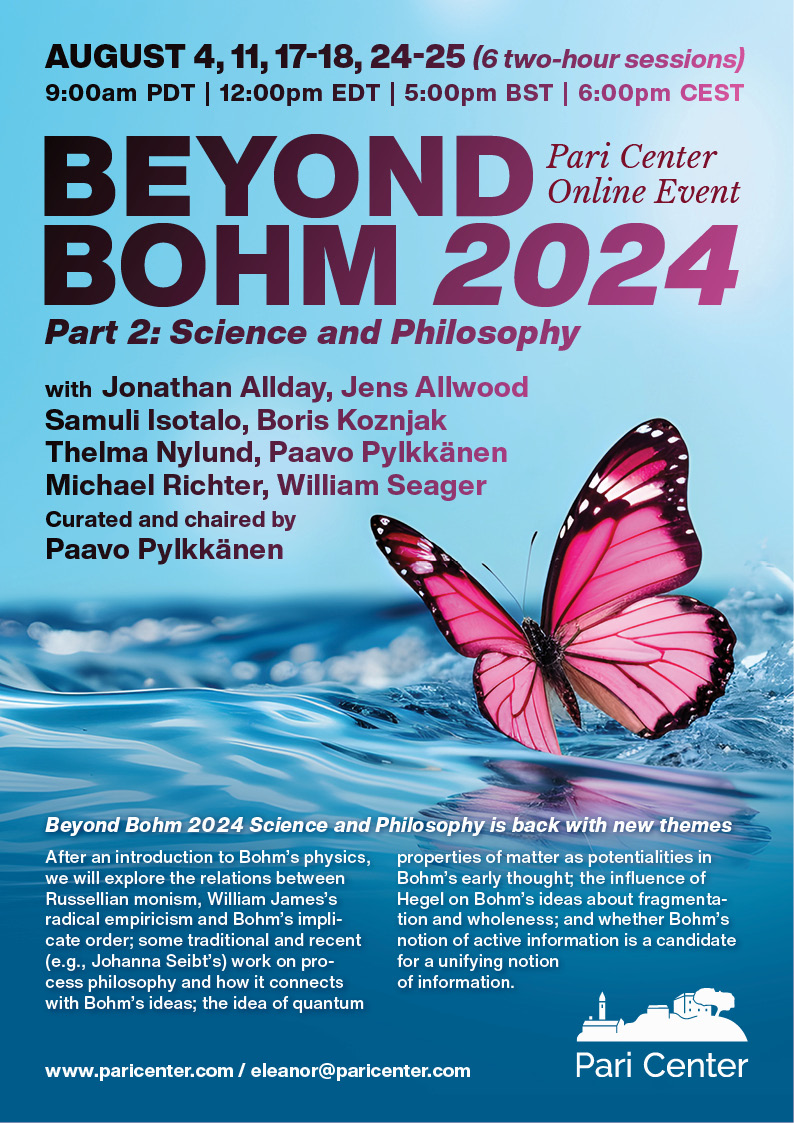Your cart is currently empty!
The Future Mind – A Conversation with Federico Faggin
Federico Faggin is a physicist born and educated in Italy who co-invented and developed the MOS Silicon Gate Technology at Fairchild Semiconductor and designed the world’s first microprocessor at Intel. Faggin also co-founded and led Zilog and Synaptics, two successful high-tech companies, before founding the non-profit Federico and Elvia Faggin Foundation, dedicated to the science of consciousness. He received the 2009 National Medal of Technology and Innovation from President Barack Obama.




